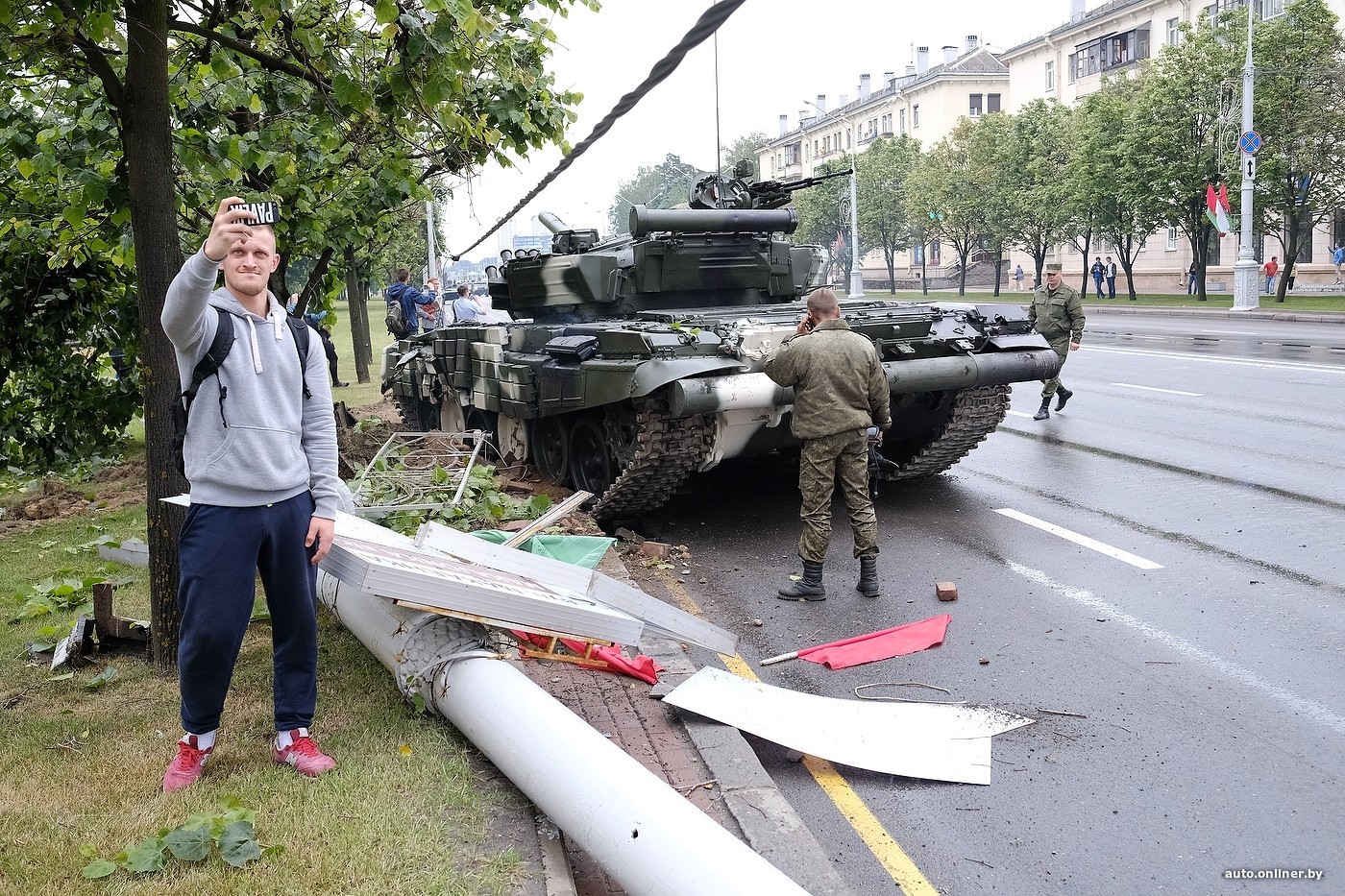The assurance of national security spending raises doubts
 The situation got worse
The situation got worse

By Andrei Parotnikau
Future budget deficit and economic recession are likely to prompt reductions in public expenditure on the Belarusian law enforcement in 2020.
On April 30th, 2020, President Lukashenka held a debriefing with State Secretary of the Security Council Raukou, Defense Minister Khrenin and National Army’s Chief of the principal intelligence department Tikhanau. The meeting was devoted to NATO exercises to be held near the Belarusian border in 2020. In the disclosed part of the meeting, Lukashenka said that response measures should not be excessive due to financial constraints and come as a part of the planned army training. That is, they should not exceed the approved budget.
Meanwhile, there were some negative trends in the Belarusian economy in Q1 2020, such as economic agents’ falling revenues, a sharp depreciation of the national currency, and expanding foreign trade deficit. Ultimately, by late 2020 GDP may drop by 10%. State budget revenues are likely to reduce, requiring budget sequestration, primarily affecting imports of capital goods.
The army is the largest importer of goods among all law enforcement agencies. In 2019, military imports were record high, including the purchase of 8 units of military and combat training aircrafts worth USD 200-260 million. Besides, the army aims to purchase several weapon systems and military equipment which are either imported entirely or have a significant import component.
Amid the upcoming presidential elections and looming economic crisis, the authorities are likely to further prioritize the support for public employment in the public sector. By late 2020, funds allocated for the Belarusian law enforcement are likely to diminish significantly due to reduced capital expenditure and imports of goods to meet their needs. Considering that such expenses primarily cover the military needs, even modest (and often controversial, as is the case with the purchase of Su-30SM) military modernization plans are likely to be put on hold. And not only in 2020 but also in 2021.
Subscribe to our newsletter




Situation in Belarus
Constitutional referendum: main consequences


 Video
Video
How to count the political prisoners: are the new criteria needed?


 Video
Video
Paternalism In Decline, Belarusian Euroscepticism, And The Influence Of Russia


 Video
Video












